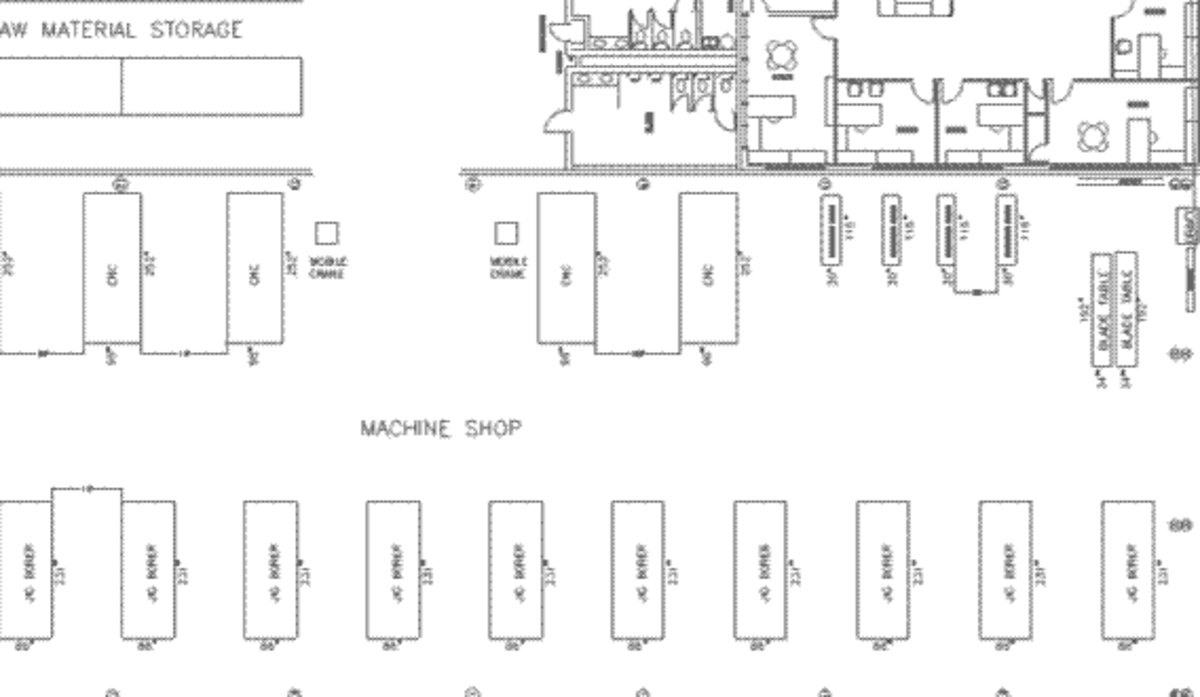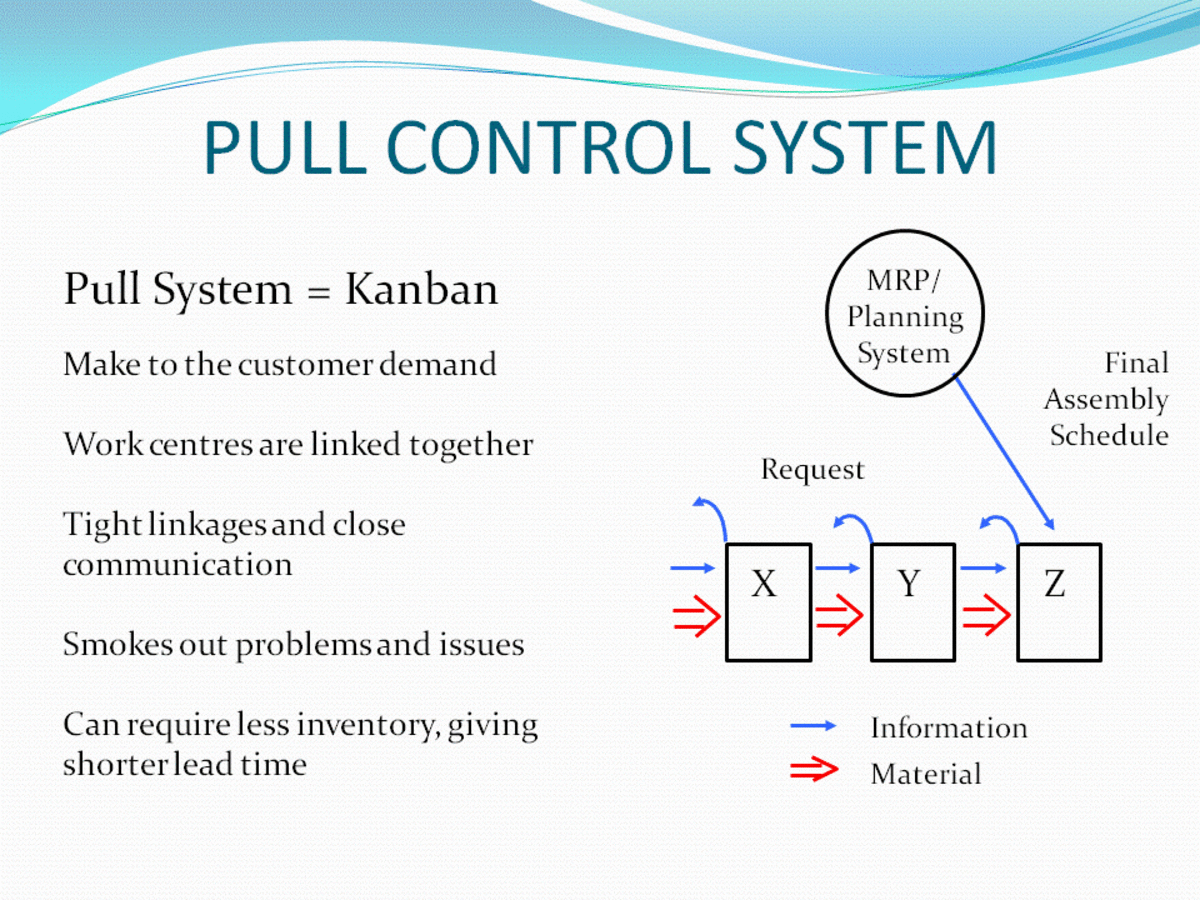Mass Marketing Vs Flexible Manufacturing Systems
What Is Mass Production?
Mass production is the term for producing many similar items in large batches. By producing thousands or millions of items from the same assembly line, the cost per item was dramatically lower than the cost of an equivalent hand-made item. Products were designed to fit the largest possible demographic or simply the highest paying one. The main benefit for customers being the dramatic price reduction over custom-made.
The public was happy because items that had once been too expensive to own such as cars, air conditioners and household appliances became affordable. Simply making luxuries and labor saving devices affordable was enough to sell them to the public.
Customization wasn’t possible when re-tooling costs were high, nor was it necessary when merely bringing down the price guaranteed sales volume.

What Is Mass Marketing?
Mass marketing was driven by mass production of electronics. Mass marketing is an effort to market to a large market, in the same way through a few media channels. Mass marketing was easy when the same commercial played on the big three TV networks, ABC, NBC and CBS and thus seen by 60-80% of the population. Placing advertising inserts for all major papers in the largest cities in the country resulted in a large proportion of the population seeing it.
Mass production meant that only a few items existed to be advertised, while the limited number of entertainment and media channels meant that everyone relied upon those few information streams to receive most advertisements. Word of mouth existed as well, but there was no mass media method to rely upon it except affiliate marketing and sales channels. Calling up the few major papers, news papers and radio stations in all major cities and placing ads was simple and straightforward.
Mass marketing is similar to mass production in that the same product or small group of products are distributed to the public. There is little customization or personalization. The company's profit is tied to keeping production costs low. If someone wants a different case or additional features, after-market alternatives often fill in the gap.
What Is Mass Customization?
Mass customization is the ability to create tailored and special requests on the factory floor. Unlike hand made luxuries or custom crafted items, mass customization builds on the infrastructure created by mass production.
Advances in industrialization such as just in time manufacturing and robotics to create flexible manufacturing systems have brought us mass customization. Mass customization is the result of large scale flexible manufacturing systems and increasing automation. Mass customization was helped by an increasing number of industry standards that ensured that parts for the same product were compatible.
International outsourcing of manufacturing lowered manufacturing costs further while increasing demand for niche products. The result has been a flood of diverse designs, components and after-market parts produced in large scale lots and available through international shipping to any manufacturer or customer who wants them.

Flexible Manufacturing Systems
Dell Computers was one of the first success stories in mass customization. Relying upon a large inventory of diverse parts, they could use economies of scale to keep part prices low. Using a well trained set of employees in a factory with an automated warehouse, they could have the same staff assemble a customized computer. The internet made marketing cheap and order taking nearly free.
Mass customization has reached the point that small manufacturers can utilize it effectively. Use 3-D printing to make prototype parts. If it works as expected, send the same digital design to a manufacturer in California or Asia to produce in mass, creating many parts at a low per-unit cost.
When it arrives at the vendor, customize it per the specifications of each customer. Add the designer phone cover, install the requested antenna, upload the desired software or package it with the additional phone jack. Then ship it to the customer who pays a comparable or lower price for the unit than they would have paid for a mass produced version of the product a few years before.
Mass Customization in Marketing
Mass customization has arrived to the marketing world as well. Using data analytics, marketers can create a dozen different advertisements placed on hundreds of websites and determine which advertisement / web placement combination yields the most clicks and sales for each website’s viewers.
Using large databases of customer demographic information, advertisements can be tailored for each demographic group, tested and refined. Placement of ads based on search words or website demographics results in a mass customization of marketing. And given the low cost of advertising on the internet, mass customization in marketing is both affordable and automated.








